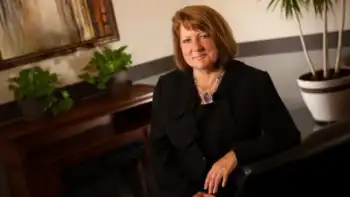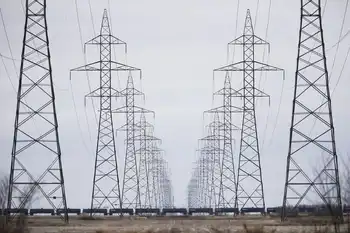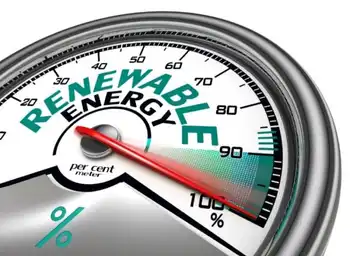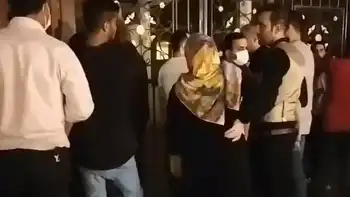Limited deal seen as North Korea talks loom
WASHINGTON, D.C. - The planned resumption of six-country talks on North Korea's nuclear programs has fanned speculation about a U.S.-North Korean trade-off that is making both supporters and skeptics of a potential deal uneasy.
Critics worry President Bush is still not prepared to show the flexibility needed to persuade Pyongyang to abandon its nuclear arsenal while advocates of a hard line against the North fear that Bush, desperate for a foreign policy success, may be too quick to give up too much.
There is no expectation of a major breakthrough in which Pyongyang would embrace Washington's demand to completely dismantle its nuclear weapons programs, U.S. officials and experts said recently.
"I don't hold out much hope," said Charles Pritchard, former U.S. negotiator with Pyongyang and now head of the Korea Economic Institute.
But there is a chance that North Korea, having already reaped 10 or more bombs' worth of plutonium from its Yongbyon nuclear complex, might halt work there in return for American concessions, Pritchard and other experts said.
"The most one can hope for is an agreement in which North Korea takes verifiable steps to stop work at Yongbyon," said Michael Green, former senior Asia adviser at Bush's National Security Council and now with the Center for Strategic and International Studies think tank.
North Korea has chafed under sanctions, including a 2005 U.S. crackdown on Pyongyang's overseas financial assets and U.N. penalties imposed after the North ignored international pleas and tested a nuclear weapon on October 9.
But it is unlikely the six-country talks, resuming on Sunday in Beijing after a one-year North Korean boycott, would lead to an easing of sanctions, Green said. Other participants in the talks are China, Russia, Japan and South Korea and the United States.
Absent North Korean commitments to end work at Yongbyon and suspend what Washington says is a covert uranium enrichment program, easing sanctions "would be a price too high to pay and I don't think the administration would pay it," Green told Reuters. Plutonium and highly enriched uranium can both be used in bomb-making.
Instead, he envisioned North Korea suspending Yongbyon in return for "something more symbolic like discussion of security assurances or a peace mechanism (to consider replacing the 1950-53 Korean War armistice). That would be a good first step."
Some hard-liners said administration officials, long divided over North Korea, argued again in recent days as they hammered out instructions for chief U.S. negotiator Christopher Hill.
He may have been given more authority to modify so-called defensive measures, including pressuring overseas banks to block Pyongyang's access to international financial markets, several hard-liners said.
Hill this week publicly insisted U.N. sanctions would stay in place until the Korean Peninsula was denuclearized.
But there seemed more maneuver room on what to do about Macau-based Banco Delta Asia, which froze $24 million in North Korean accounts after U.S. regulators complained they held funds from counterfeiting and money-laundering operations.
A separate U.S.-North Korea working group, led by a senior U.S. Treasury Department official, will meet for the first time in Beijing during the six-party talks.
"We've agreed to discuss it and we told the North Koreans we would like to solve it consistent with our legal obligations and their cooperation," Hill told Reuters.
"We consider this an exchange of information and we hope for some progress because we would like to solve this," he added.
Hill refused to detail any U.S. positions or offers, other than to underscore the goal of activating a September 2005 joint statement in which Pyongyang promised to denuclearize in return for political and economic benefits.
"At this point, it's not clear to me what we will get out of this (six-party negotiating round) but we are going on the basis of indications from the North Koreans and from what the Chinese told us they picked up from the North Koreans," he said.
Related News
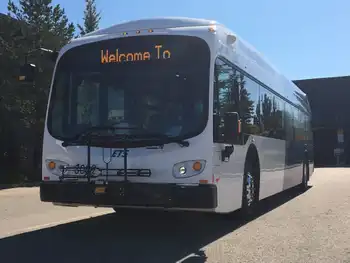
Edmonton's 1st electric bus hits city streets
EDMONTON - Your next trip on Edmonton transit could be a historical one as the city’s first battery-electric bus is now on city streets, marking a milestone for Edmonton Transit Service.
“Transit has been around since 1908 in Edmonton. We had some really small buses, we had some trolley buses several years later. It’s a special day in history today,” Ryan Birch, acting director of transit operations, said. “It’s a fresh experience… quiet, smooth riding. It’s going to be absolutely wonderful.”
In a news release, Mayor Don Iveson called it the largest purchase of electric buses in Canadian history.
“Electric buses are a…

